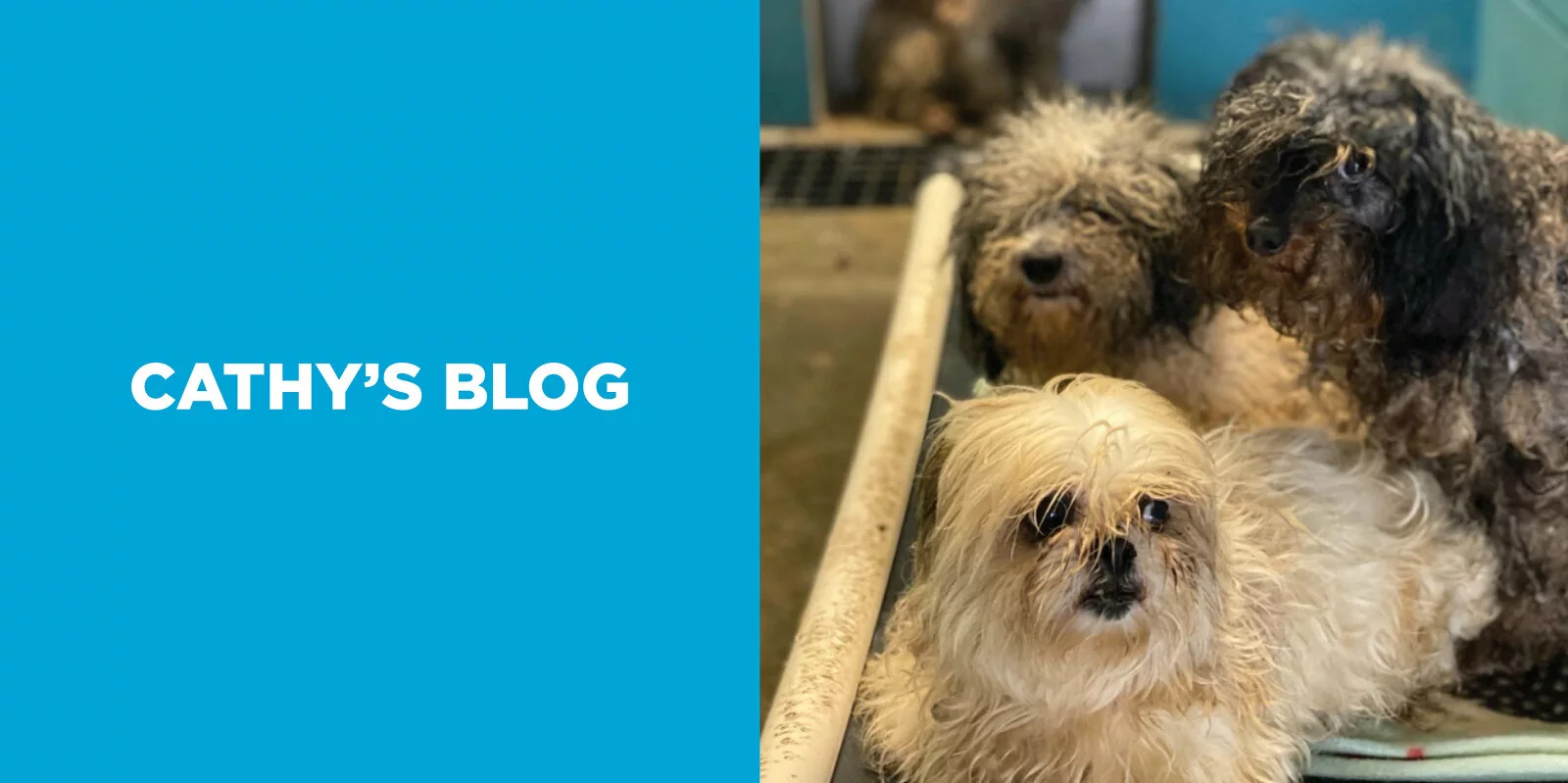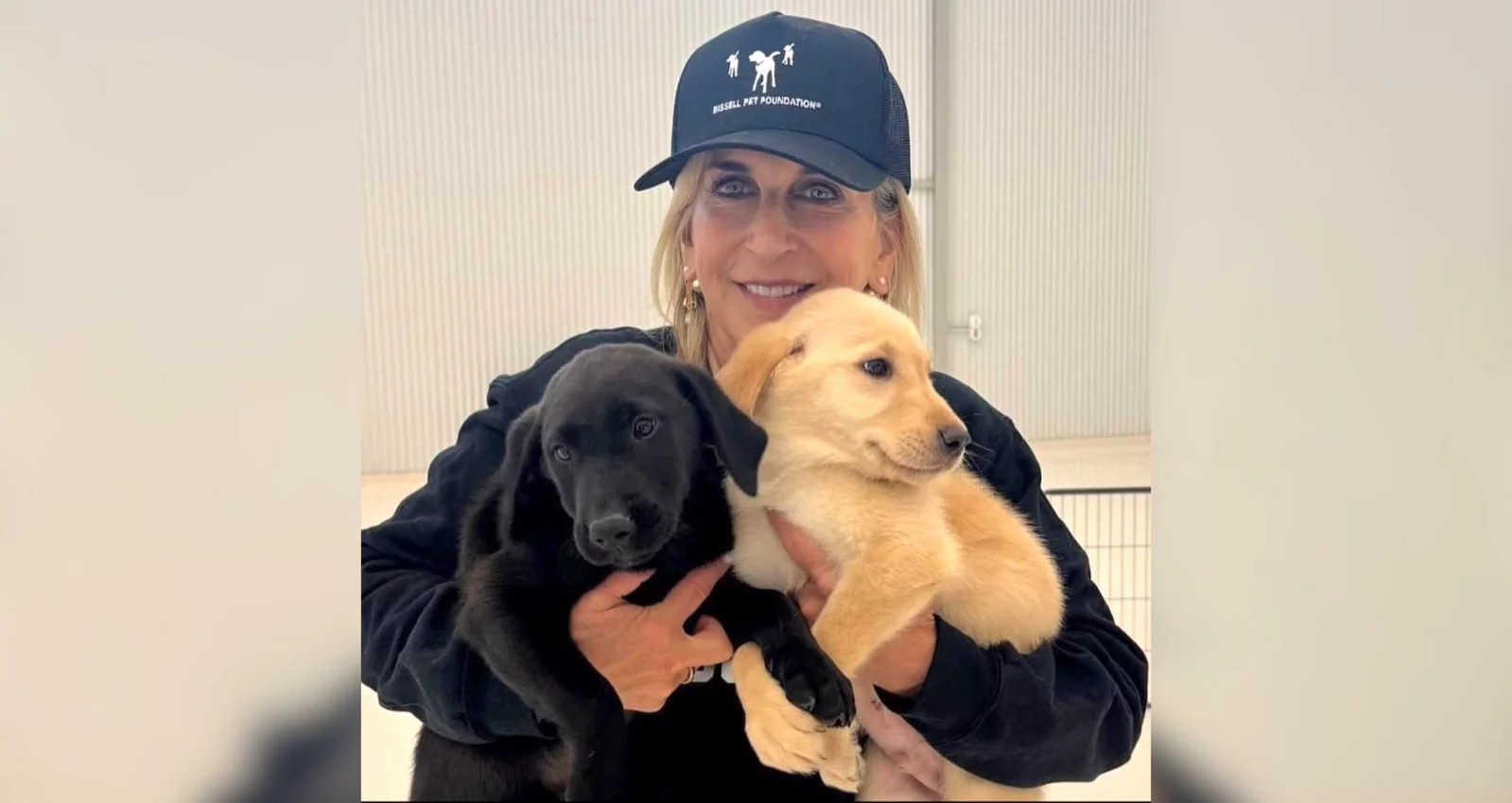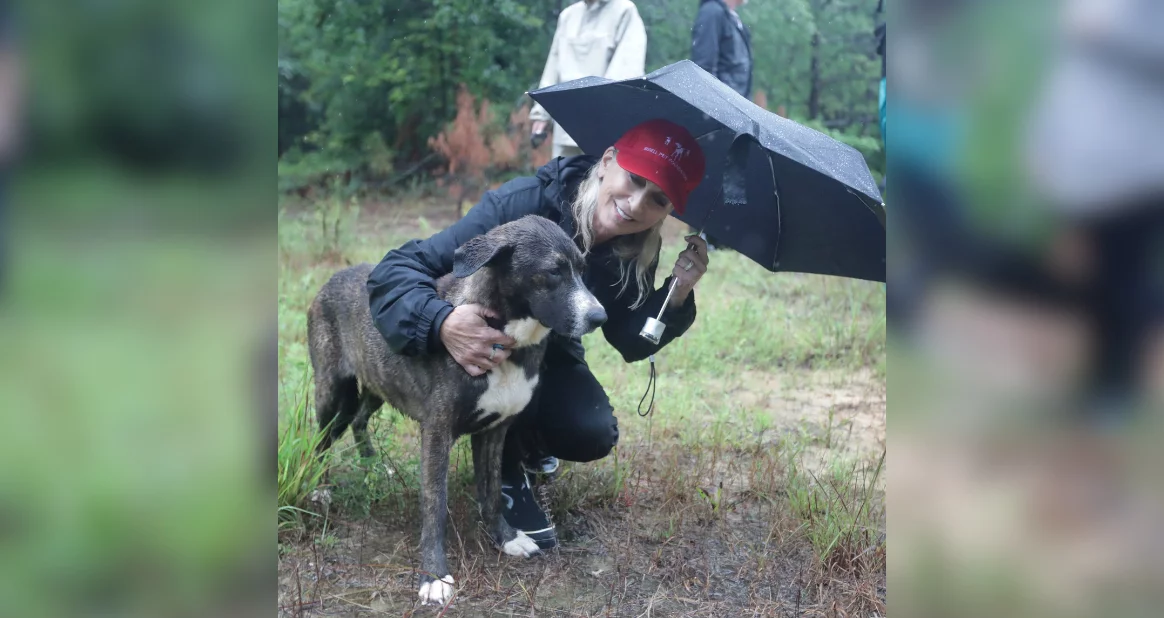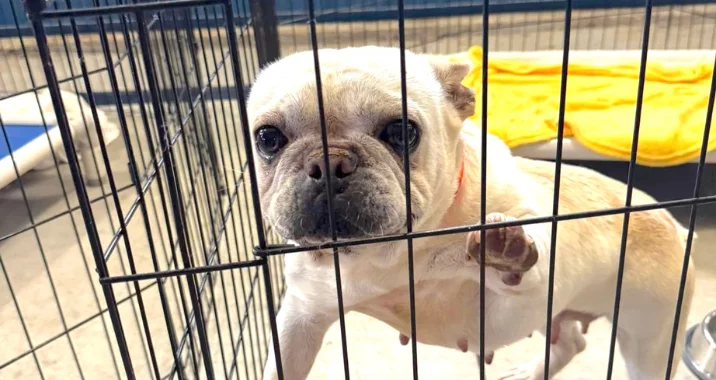Addressing the Biggest Needs
In response to years of extreme storm seasons on the Gulf and east coast, as well as overcrowding in some southeastern animal shelters, BISSELL Pet Foundation has launched an exciting initiative this month. We will be working closely with our BPF National Shelter Alliance to move as many pets as possible out of the Gulf area before hurricane season is in full swing. When we asked our friends at Louisiana SPCA how we could support them, the answer was clear, “Make the shelters that are consistently impacted by storms as lean as possible.”
Over the coming months, BPF National Alliance members will welcome the ground and air transport of hundreds of wonderful homeless pets to their communities. Simultaneously, BPF’s Partners for Pets network will continue routine transport from the very same region. The mission will ensure homeless pets have safe transport to organizations that can place them in loving homes, provide relief to shelters struggling with high intake, and make room in shelters before disaster strikes.
It’s been less than two months since the BPF National Shelter Alliance’s launch, and I’m amazed by the extraordinary work this group is doing. The alliance of shelter leaders is unstoppable in their pursuit of helping animals; they never shy away from complex transport scenarios and are committed to removing barriers for large dogs, heartworm-positive dogs, and pets with medical challenges. I’m excited about how the alliance is expanding BPF’s ability to save lives.
While we in animal welfare are making progress on transporting pets to safe, loving homes, pets that are “owned” but neglected by the hundreds are an ongoing problem. These are the puppy mills and large-scale hoarding and neglect cases we all face. For years, national groups have worked to pass laws to protect these animals, yet even when laws pass, enforcement is inconsistent. In many areas of the country, communities are searching for homeless pets to satisfy the adoption demand. At the same time, there literally could be a hoarding case in their backyard. Like homeless pets in extremely rural shelters, these pets present a challenge to access and help, but there is hope.
There was a time when it was too difficult to place pets from these large-scale cases. Today, with strong animal shelters throughout the country and increasing demand for adoptable pets, placement should no longer be an obstacle. Unfortunately, state and federal laws present a more difficult obstacle. Still, we can make a difference using the collective voice of animal shelters in every region, every state, and as many counties as possible. Join your state-level sheltering associations, national groups like The Association for Animal Welfare Advancement, CODE 3 Associate’s Animal Control Officer Coalition and the National Animal Care and Control Association. Talk to peers, local officials, and state-level legislators. Together, the voice of animal shelters is enormous, and through that voice, we can access this complex segment of pets in need through the execution of laws and strategic planning for large-scale neglect cases.
We cannot turn our backs on pets in need that are harder to place or difficult to access. It is inspiring to see sheltering organizations throughout the country rise to the occasion, from Wayside Waifs and their innovative behavior program in Missouri to Humane Rescue Alliance and their Humane Law Enforcement Division in DC. Shelters are reaching for the pets that need us the most. Let’s collaborate and save more lives.




